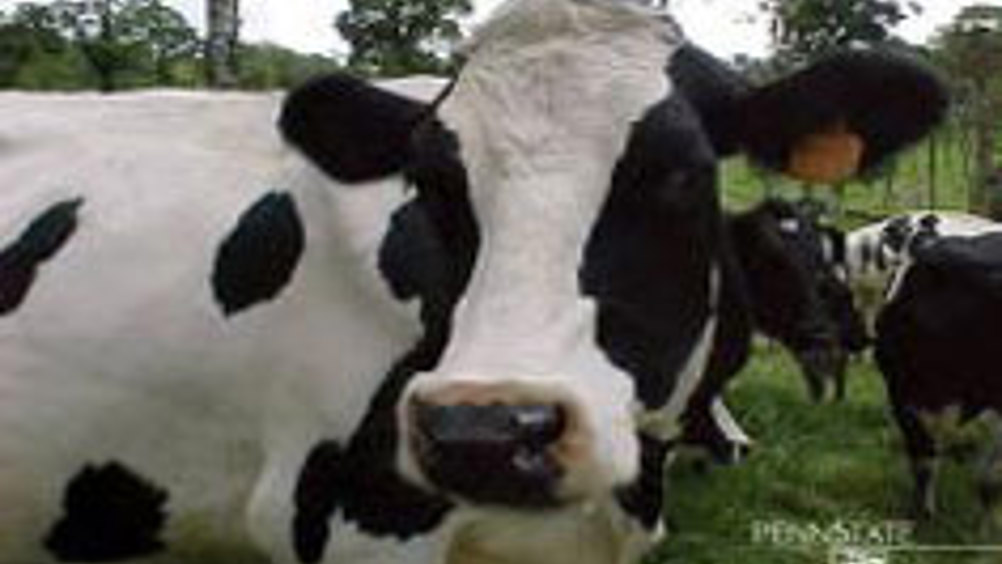Cow rumen used in biofuel conversion process
US Department of Agriculture (USDA) scientists are developing new ways to break down plant fibres for conversion into biofuel with the help of genetic material from a cow’s rumen.

To convert corn stover and switchgrass into biofuel, the plant fibres must first be broken down into sugars. But cell wall polymers are cross-linked in various ways that make them very resistant to breaking down, according to Dominic Wong, a chemist at the USDA Agricultural Research Service (ARS) Western Regional Research Center in Albany, California.
Previous studies have shown that a special group of enzymes known as feruloyl esterases (FAEs) are capable of breaking apart key links between the polymers and that the enzymes are produced by certain types of microbes that degrade plant materials.
Wong collected the microbial population from a cow’s rumen and screened their genetic compositions to find genes that produce the FAE enzymes.
Working with scientific partners at Cargill, Wong then isolated, sequenced and cloned 12 genes capable of being introduced into Escherichia coli for production of the enzymes, which can then be used to break loose the polymeric network in the plant cell wall. Wong and the Cargill team have filed a provisional patent application on the FAE genes and enzymes.
Register now to continue reading
Thanks for visiting The Engineer. You’ve now reached your monthly limit of news stories. Register for free to unlock unlimited access to all of our news coverage, as well as premium content including opinion, in-depth features and special reports.
Benefits of registering
-
In-depth insights and coverage of key emerging trends
-
Unrestricted access to special reports throughout the year
-
Daily technology news delivered straight to your inbox










Construction industry lags in tech adoption
Are these the best people to ask "Insights from 2,000 Industry Leaders"? - what would their customers views be like (perhaps more...